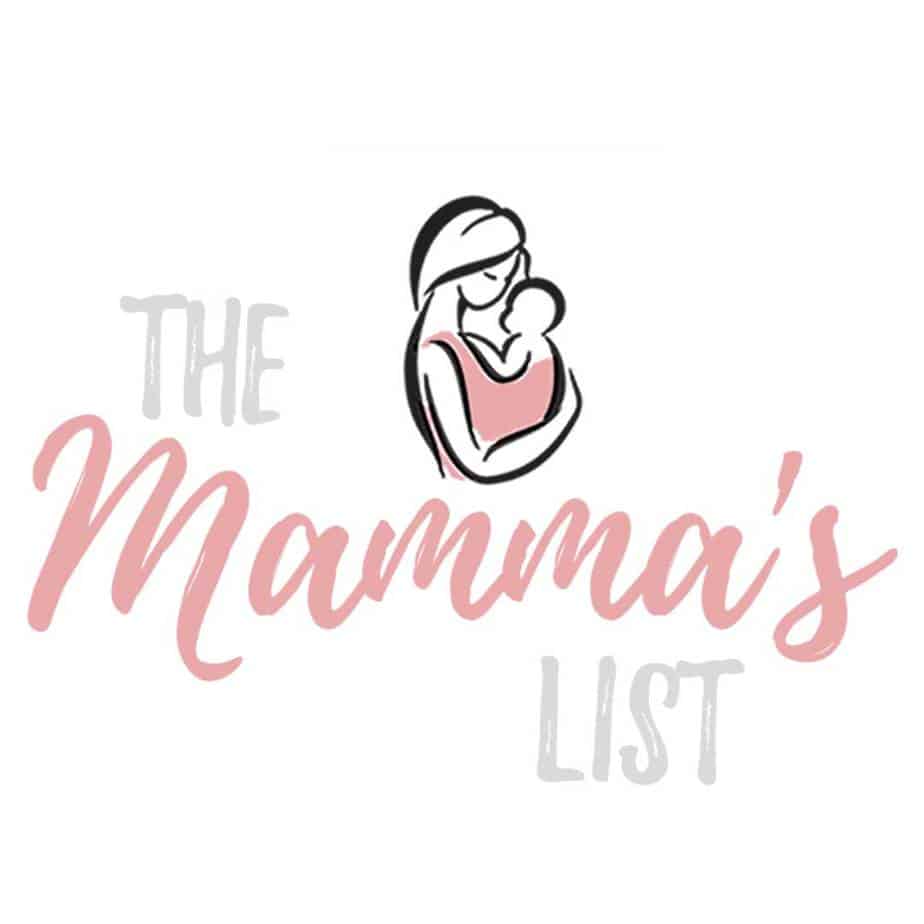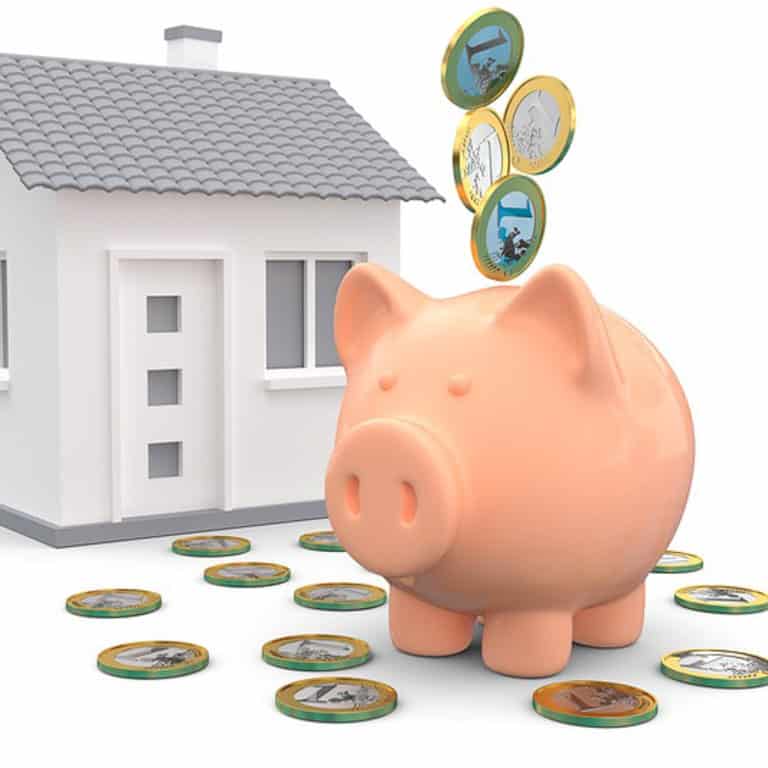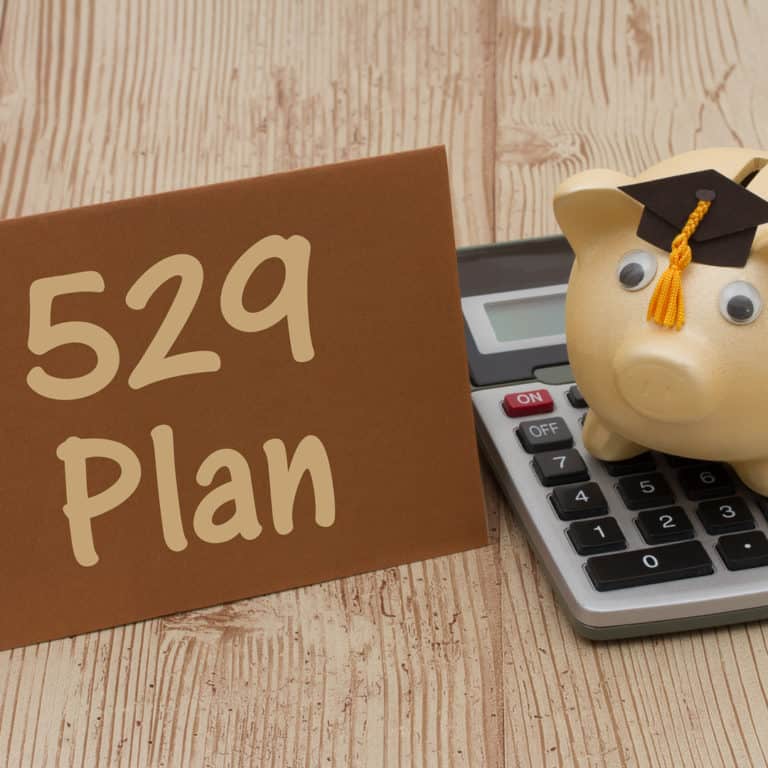Five awesome tips to create an emergency fund, fast!
Hello there! Today I’m talking about a topic that isn’t that sexy but is very near and dear to my heart. No, I’m not going to launch into a spiel on the SPCA or how contributing to St. Judes may make you a better person (although it might). I’m talking about creating an emergency fund. There are millions of Americans one paycheck away from financial disaster, and only 39% could cover an unexpected bill of $1,000 with savings.* Although those are some pretty scary statistics, it is possible to save up an emergency fund no matter what your salary. I’m super passionate about financial security so keep reading for tips to take control of your financial future and save up an emergency fund fast.
Why do I need an emergency fund?
Ok – you might be tracking with me on the necessity of paying off debt and then having some money for a rainy day, but why bother with such a large bucket of cash you can’t use for anything else? The main reason to have an emergency fund is to help you deal with the unknown.
If you or your spouse gets sick and can’t work, how will you pay your bills? What happens if the AC blows in the summer and you have an unexpected $6,000 bill? How will you make sure your kids aren’t sleeping in 100-degree heat every night? Unexpected things happen. If one of you loses a job and is out of work for more than a month or so, would you find it hard to stay on top of your mortgage? None of these issues are fun to think about but are critical to understand and plan for to ensure you have a secure financial future.
How much do I need?
A common question when starting an emergency fund is how much you actually need. Isn’t a few hundred bucks stashed away for a rainy day enough? Based on the above scenarios – absolutely not. There are so many unexpected circumstances that can pop up, and having months of expenses socked away can help you deal with the unplanned. It’s best to save up six to eight full months of living expenses. Not just enough to cover your food or car payment, but EVERY expense for 6-8 months. Now, I know that seems like a lot, and you may feel like it’s an impossible task. The good news is that emergency expenses are likely less than your current everyday spending.
For instance, if you become so ill you’re confined to your bed, you likely won’t be spending money on dinners out, your Starbucks habit, or new clothes. If you or a spouse loses a job, you likely won’t be planning an extravagant family vacation that year. You can take an estimate of your vital expenses (housing, bills, food, gas, etc.) and then calculate from there.
Strategies to save
A key to hitting your emergency fund goal is to automate your spending and pay yourself first. I talk a lot about this in my article on conquering expenses, and it’s the easiest way to make sure your fund is prioritized. If you wait until AFTER you’ve paid all your bills, it’s too easy to prioritize spending.
- Automate your savings deposit monthly as soon as your paycheck hits your account so that you never see it.
- Set up an auto transfer to send $1 to your savings account every time you pay a bill. You likely won’t miss that dollar for each transaction but it will add up over time.
- Replace one of your splurges each week (looking at you $5 coffee) with something homemade, and save the difference.
- Create a budget to live off one salary if you’re both working, and use the other to pay off debt, create your emergency fund, and then for future financial goals.
- Bring in extra income. Obviously making more money means you have more to save. While your day job may have a fixed salary, there are other options to make money. If you’re finding it difficult to save on top of your expenses, get a second job or start a side hustle to help you with your savings goals.
Take it one step at a time
Here’s where I’ll tell you that this doesn’t happen overnight, and you can start small if you have other financial goals like debt repayment. For many people, it can take years to amass the six to eight months of savings that represent a truly healthy emergency fund. As long as you keep at it and don’t spend it on unnecessary expenses along the way, you’re moving in the right direction.
While I believe paying off debt is a very important goal, we started our emergency savings when I had over $100k in student loans to pay off. As long as you allocate the majority of your resources to paying off debt, there is no reason you can’t start your emergency fund on the side. Although being debt free is a huge goal, you still need to plan for the unexpected.
I hope this article helped inspire you to prioritize saving up an emergency fund. If you found it useful, please feel free to share it on Pinterest or Facebook!


*https://www.bankrate.com/banking/savings/financial-security-0118/








